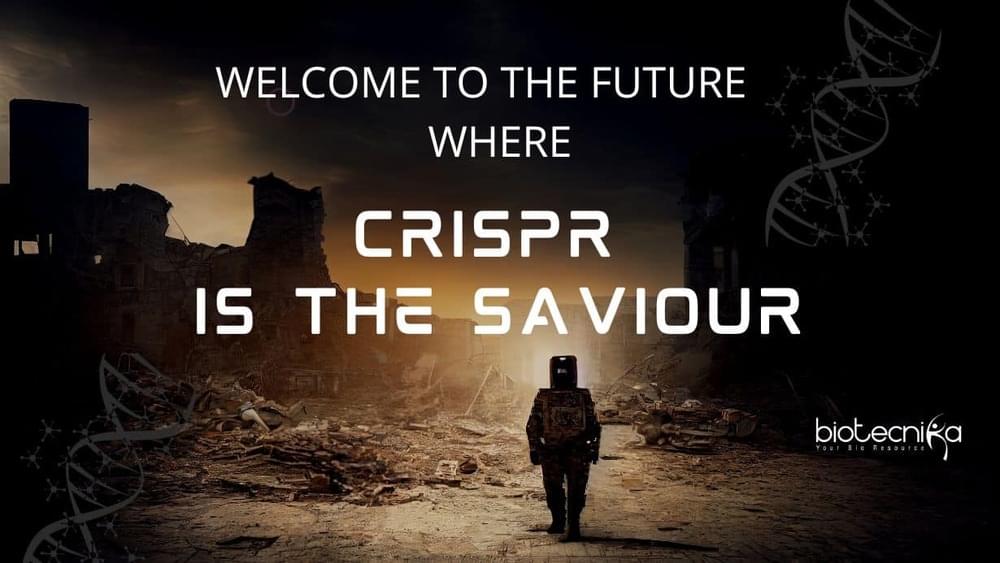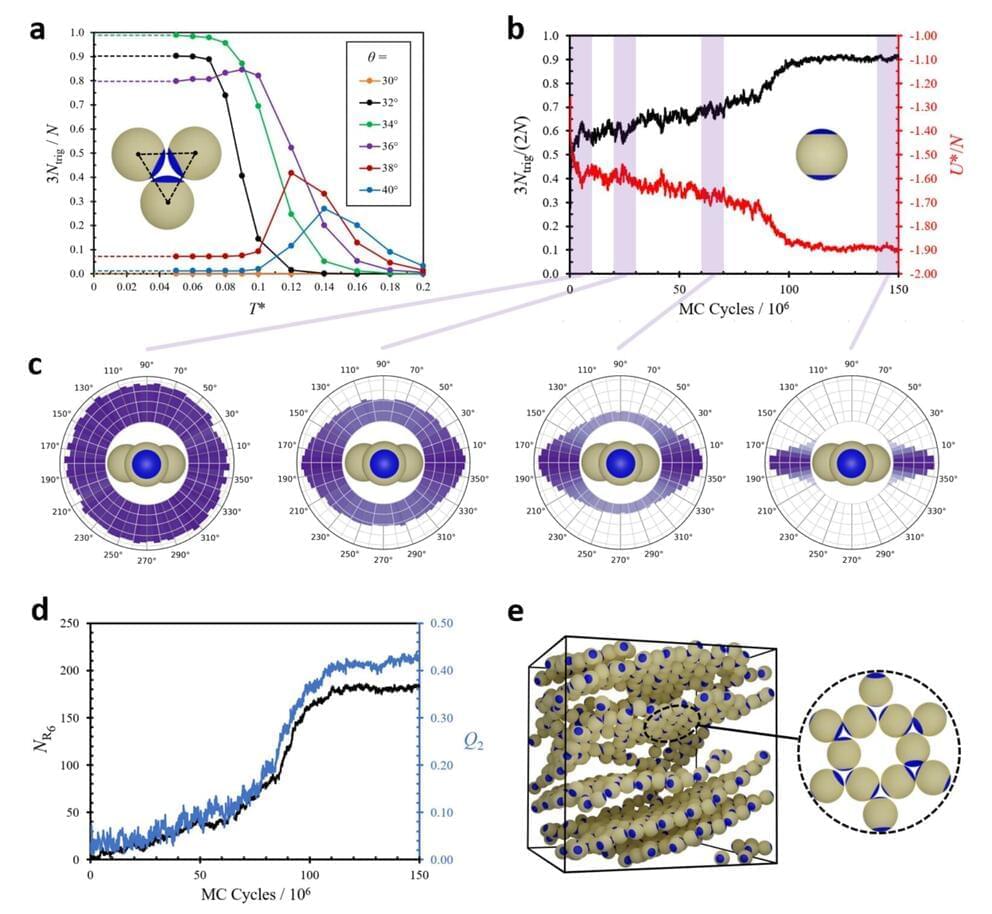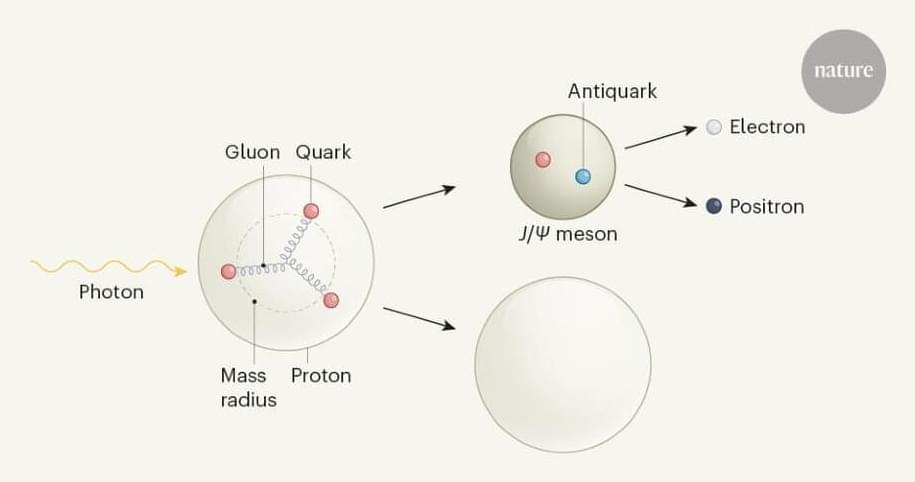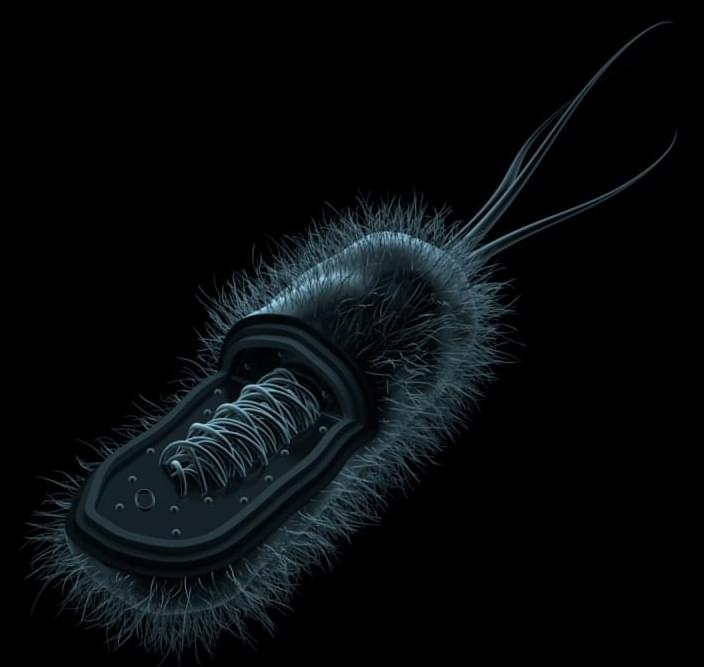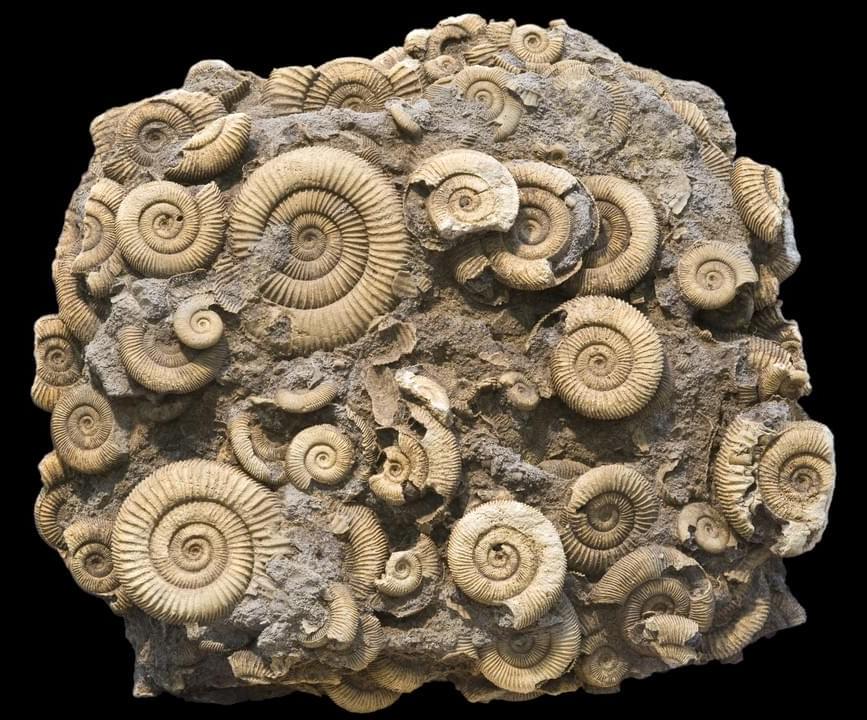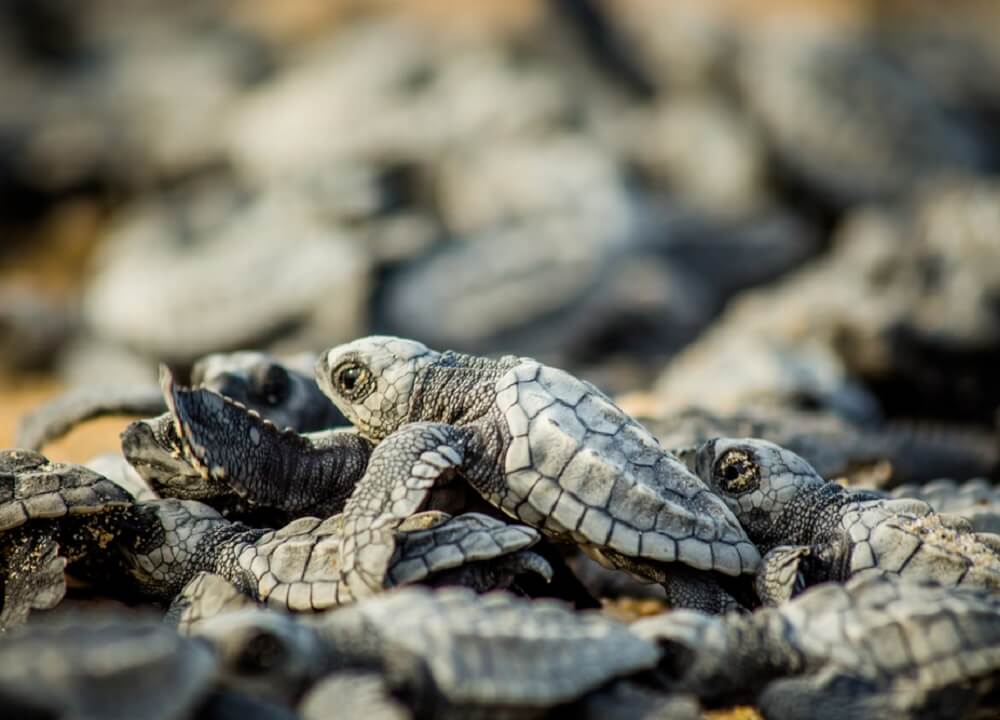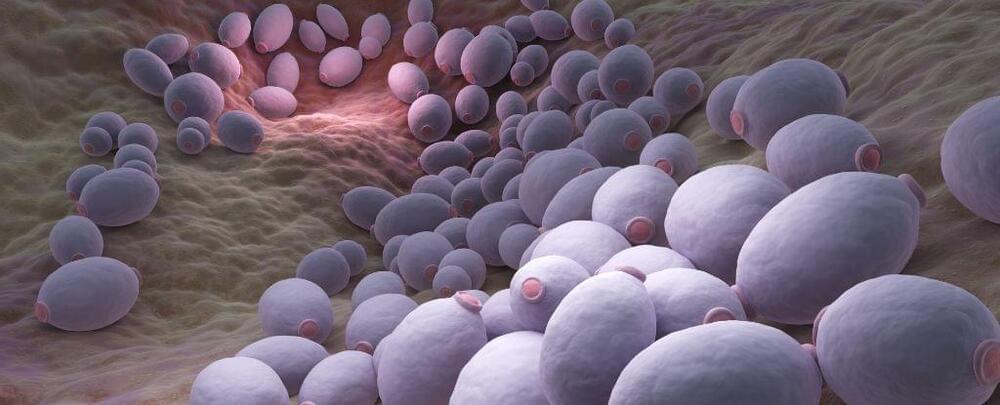The Big Bang may have not been alone. The appearance of all the particles and radiation in the universe may have been joined by another Big Bang that flooded our universe with dark matter particles. And we may be able to detect it.
In the standard cosmological picture the early universe was a very exotic place. Perhaps the most momentous thing to happen in our cosmos was the event of inflation, which at very early times after the Big Bang sent our universe into a period of extremely rapid expansion.
When inflation ended, the exotic quantum fields that drove that event decayed, transforming themselves into the flood of particles and radiation that remain today.
